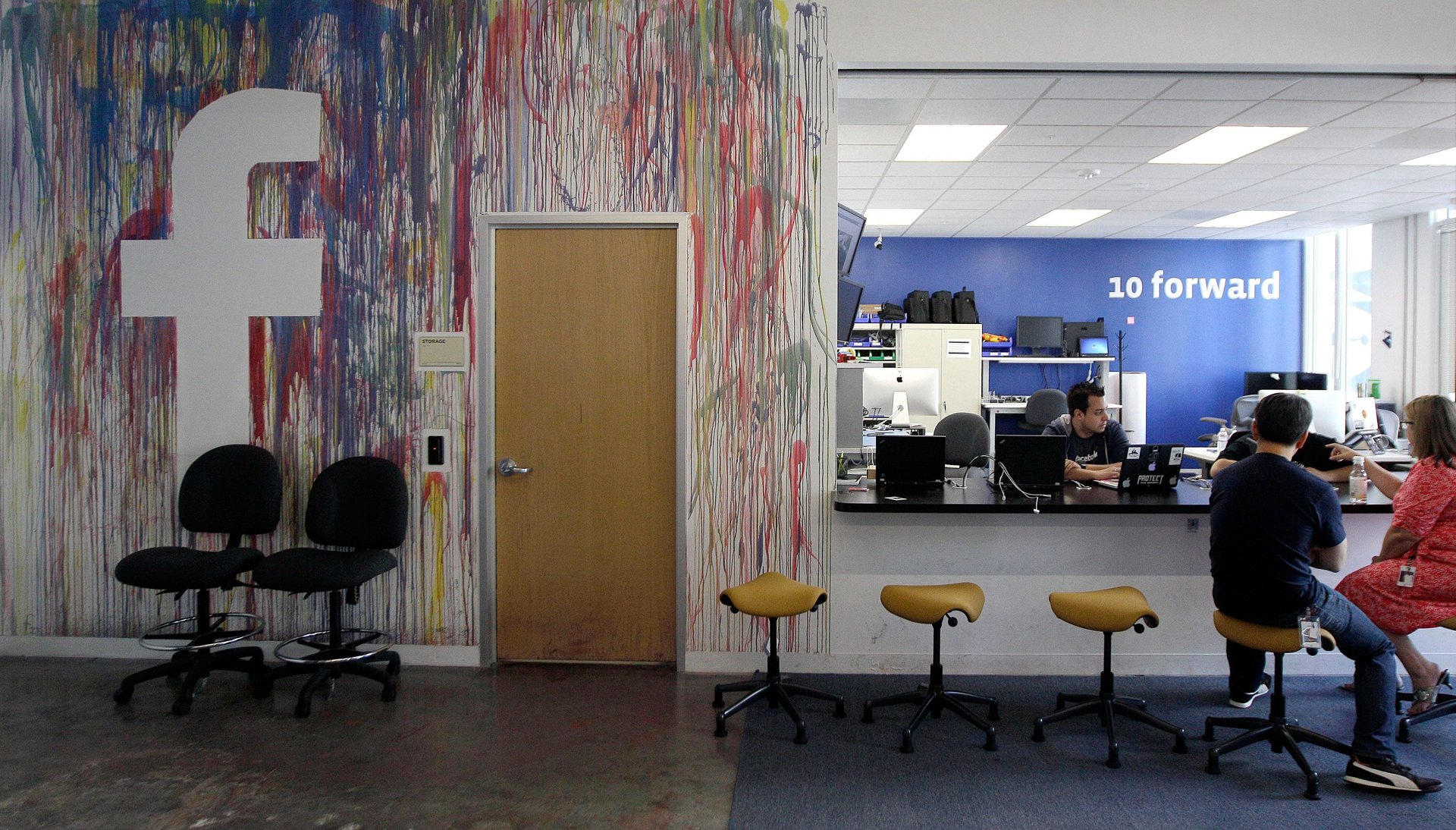What the petty office clashes at Facebook and WhatsApp were really about
The Wall Street Journal’s report on the troubled merger of Facebook and WhatsApp has all the ingredients of a doomed love story. There was the lavish proposal (Facebook’s $22 billion purchase of WhatsApp in 2014) and rosy honeymoon (during which time Facebook decorated a building in WhatsApp’s signature green to welcome employees to its Menlo Park campus).


The Wall Street Journal’s report on the troubled merger of Facebook and WhatsApp has all the ingredients of a doomed love story. There was the lavish proposal (Facebook’s $22 billion purchase of WhatsApp in 2014) and rosy honeymoon (during which time Facebook decorated a building in WhatsApp’s signature green to welcome employees to its Menlo Park campus).
But then came the discovery of mismatched priorities. Facebook was apparently surprised that privacy-minded WhatsApp would not reneg its pledge to remain ad-free; WhatsApp was apparently surprised that Facebook wanted to make money.
And then, as things started to go wrong, a descent into unbelievable pettiness.
The most memorable part of Kirsten Grind and Deepa Seetharaman’s account in the Journal, as highlighted in journalist Casey Newton’s newsletter The Interface, is their description of petty squabbling between Facebook and WhatsApp employees over the minutiae of office life:
Some [Facebook] employees even took issue with WhatsApp’s desks, which were a holdover from the Mountain View location and larger than the standard desks in the Facebook offices. WhatsApp also negotiated for nicer bathrooms, with doors that reach the floor. WhatsApp conference rooms were off-limits to other Facebook employees.
“These little ticky-tacky things add up in a company that prides itself on egalitarianism,” said one Facebook employee.
[WhatsApp cofounder Jan] Koum chafed at the constraints of working at a big company, sometimes quibbling with Mr. Zuckerberg and other executives over small details such as the chairs Facebook wanted WhatsApp to purchase, a person familiar with the matter said.
On first read, a story of billionaires and well-compensated tech workers complaining about their office furniture sounds like a case of entitlement run amok.
But as any couple bickering in the aisles of an Ikea will tell you, it’s never just about the furniture. The culture clashes between Facebook and WhatsApp employees follow a predictable pattern of mergers between companies with misaligned principles, and reveal conflicts far deeper than angst about toilet stalls.
Facebook and WhatsApp’s values were mismatched from the beginning. Famously lean WhatsApp was obsessed with user privacy and opposed to ads. Facebook was—well, Facebook. For the first two years after the purchase, WhatsApp continued to operate largely independently.
But as Grind and Seetharaman’s reporting makes clear, the relationship started to deteriorate in 2016, after Facebook decided to limit ads in users’ news feeds on Facebook and started looking elsewhere for revenue. CEO Mark Zuckerberg and COO Sheryl Sandberg urged the smaller company to assimilate into Facebook’s larger culture and, crucially, to integrate ads into their service. By January 2017, when WhatsApp employees moved into the Facebook offices 10 miles away from their previous digs, it was clear that they weren’t just losing an office. Their whole value system was under threat.
This moment of disillusionment is typical in mergers, business professors say. Acquisitions are stressful for both parties, especially the acquired party. In a case of two companies that merge without seeming to reconcile fundamental differences in philosophy and strategy, that stress frequently morphs into something more toxic.
“The first thing that an acquired party figures out is that they lose autonomy, which is akin to control,” says Arvind Malhotra, a professor of strategy and entrepreneurship at the University of North Carolina’s Kenan-Flagler Business School. “They try to reestablish autonomy by trying to control the small things, what I call misdirected control. So, if two parties (acquirer and acquired) do not spend time during the courtship in figuring out how they would create the autonomy for the acquired party, then we get this lashing-out effect.”
Ultimately, the partnership between Facebook and WhatsApp’s founders did not last. WhatsApp co-founders Brian Acton and Jan Koum have announced their resignations, walking away from a combined $1.3 billion in stock options that would have vested had they stayed on at least through November—more evidence that it was never about the chairs.
“Just like a marriage, if there are things that are fundamentally out of alignment, it’s not going to hang together,” says George Geis, a professor at UCLA Anderson School of Management. “[I]f people are willing to change over time, that’s a different story,” he adds, but “in this case, this is a fundamental difference [over] what a company should do with its information.”